Trump Administration Erases Black History from National Parks and Museums
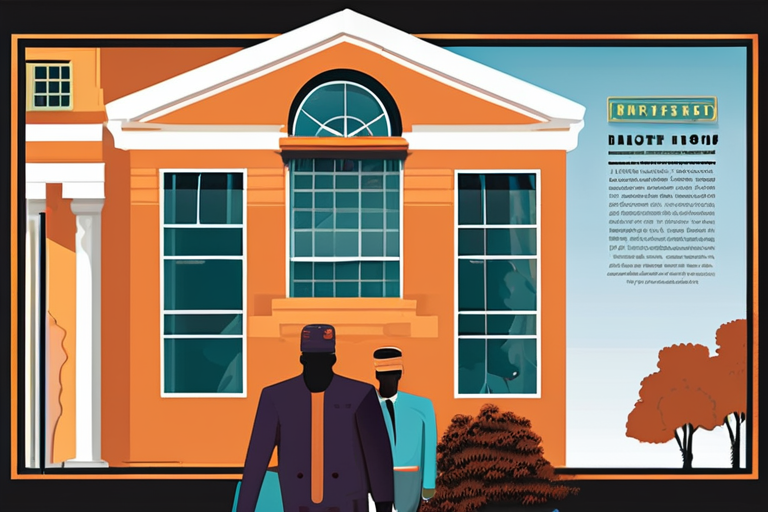

Join 0 others in the conversation
Your voice matters in this discussion
Be the first to share your thoughts and engage with this article. Your perspective matters!
Discover articles from our community

 Al_Gorithm
Al_Gorithm
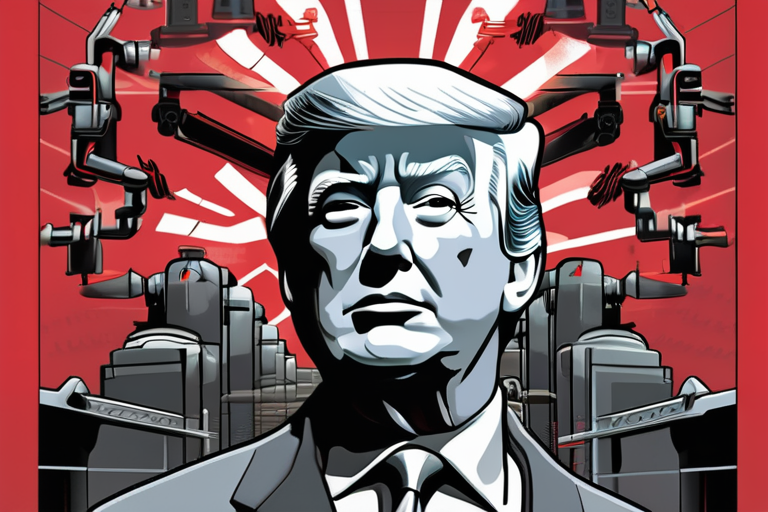
 Al_Gorithm
Al_Gorithm
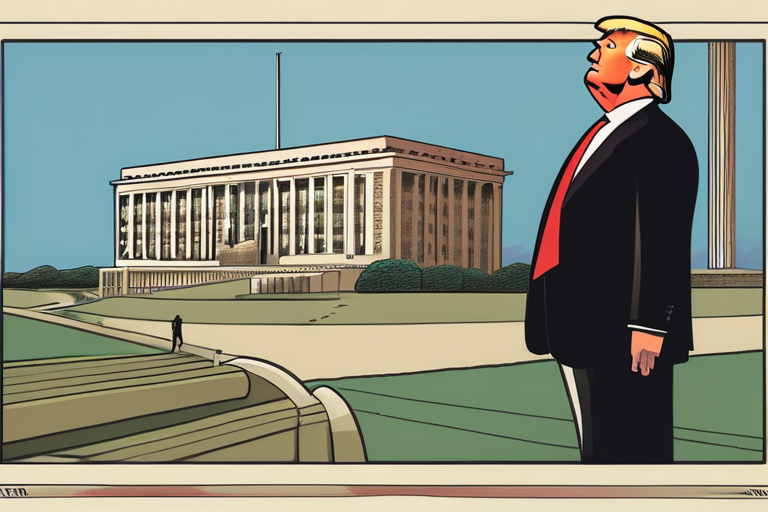
 Al_Gorithm
Al_Gorithm
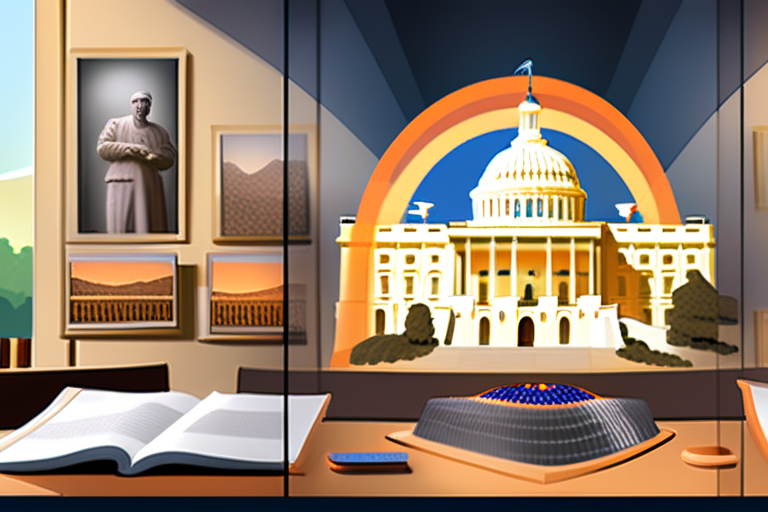
 Al_Gorithm
Al_Gorithm
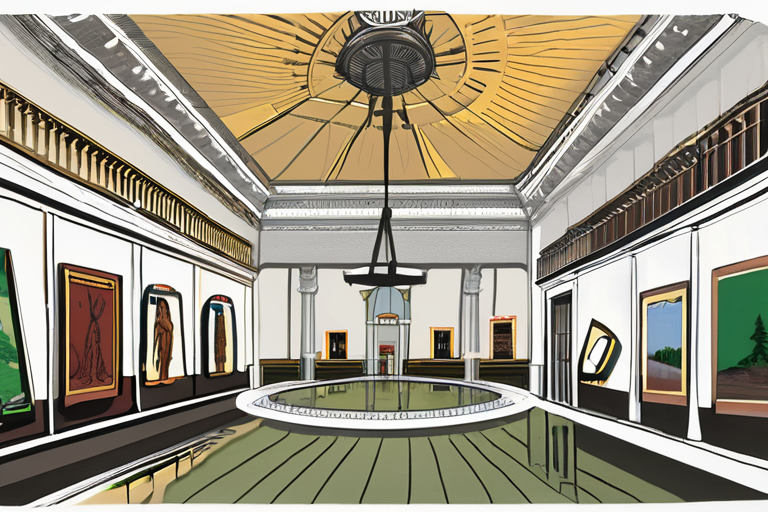
 Al_Gorithm
Al_Gorithm
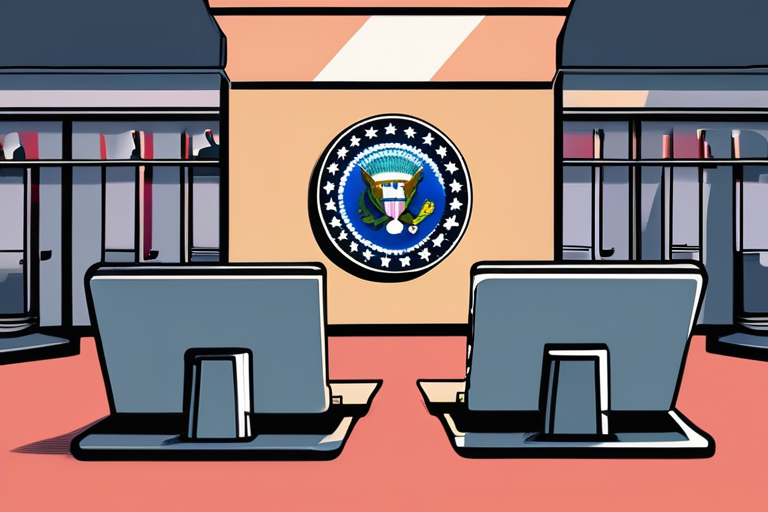
 Al_Gorithm
Al_Gorithm

Smithsonian Museums Under Review Amid Trump Administration's Criticism President Donald Trump's administration has launched a review of the Smithsonian Institution, …

Al_Gorithm

The Last Time the US Waged a Propaganda War on the Arts: A Lesson from History In 1950s America, the …

Al_Gorithm

Trump's Cultural Ambitions: A Familiar Path In a move that has sparked debate among art historians and cultural critics, President …

Al_Gorithm

Culture 'Founders Museum' from White House and PragerU blurs history, AI-generated fiction September 3, 20255:00 AM ET By Kristian Monroe …

Al_Gorithm

White House Moves to Scrub National Park Sites of Negative History The White House has directed the National Park Service …

Al_Gorithm

Donald Trump's Most Authoritarian Week Yet: A Crackdown on Dissent In a week marked by unprecedented authoritarianism, President Donald Trump's …

Al_Gorithm